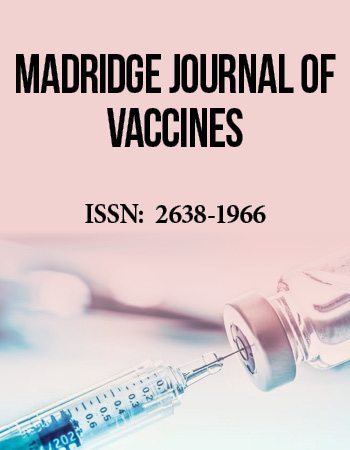International Conference on Vaccines
Feb 20-22, 2017 | Baltimore, USA
Vaccine-induced CD4+Ox40+ T cells are heterogeneous and highly protective against Mycobacterium tuberculosis in mice
Food and Drug Administration, USA
Protective immune responses against tuberculosis are not completely understood, and although it has been established that T cells, and cytokines, such as IFN-γ and TFN-α, are necessary, the full picture of what constitutes a protective immune response remains ill-defined. This paper describes a population of CD4+Ox40+ (CD134) T cells that exhibit both high side scatter (SSC) and forward scatter (FSC) when analyzed by flow cytometry and were highly protective. When splenocytes from mice immunized with BCG formulated in dimethyl dioctadecyl ammonium bromide (DDA) and D(+) trehalose 6,6 dibehenate (TDB) (DDA/TDB) adjuvant (BCG/Adj) were stimulated with BCG ex vivo followed by enrichment of CD4+Ox40+ T cells, adoptive transfer into mice conferred significant protection against an aerosol infection with Mycobacterium tuberculosis relative to non immunized control mice. When as few as 105 cells were transferred, a 0.7 log10 CFU reduction was observed one month post-aerosol challenge, and following transfer of 106 cells, a 1.3 log10 CFU reduction was detected. In contrast, CD8+Ox40+ and CD4+Ox40 negative (CD4+Ox40neg) T cells were not found to be protective. Further characterization of CD4+Ox40+ T cells revealed that subpopulations of these cells expressed CD69, CD25, PD-1, BCL-6, T-bet, RoRγt and/or CXCR5 and secreted multiple cytokines (IFN-γ, TNF-α, and IL-2) indicating that these cells represent a highly protective, yet heterogenous T cell population. Expression of these markers and cytokines in CD4+Ox40neg T cells was significantly and considerably lower. These data suggest that induction of CD4+Ox40+ T cells should be targeted when designing new vaccines against M. tuberculosis.
Biography:
Steven Derrick has been working for the Food and Drug Administration for 16 years conducting tuberculosis vaccine research. His main research interests include T cell mediated immune responses with the objective to discover correlates of immunity to TB with the ultimate goal of developing a better TB vaccine. He is currently serving on the editorial board for Clinical and Vaccine Immunology and has published over 40 papers related to infectious diseases. In addition to his TB vaccine research, Steven also conducts regulatory reviews including Investigational New Drug applications submitted to the FDA.


